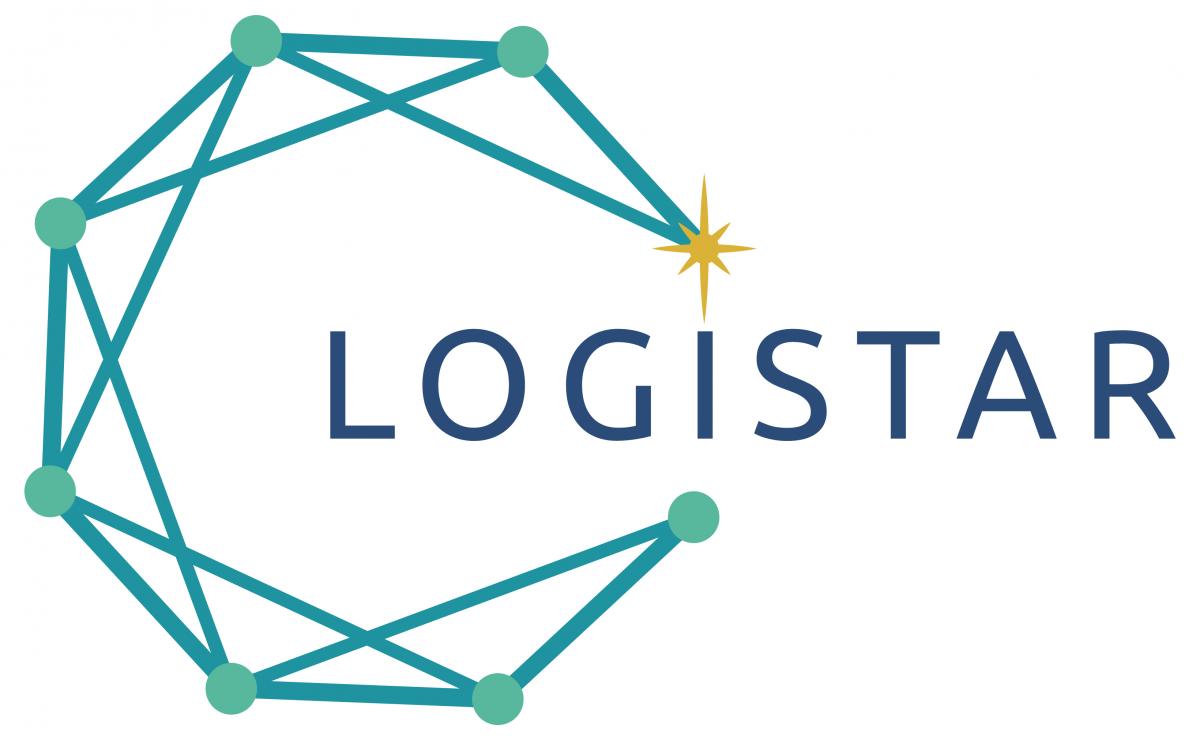S.32 LOGISTAR: Smart algorithms for transport operations
 16th June | 13.30 - 14.30 CET | SESSION 32. STREAM 4.
16th June | 13.30 - 14.30 CET | SESSION 32. STREAM 4.
Special Session Agenda
Free broadcasted Live link provided upon registration
Moderated by Iñigo Lopez-Gazpio, University of Deusto (UD)
-
Learning preferences of logistics decision makers and travel time predictions. Federico Toffano. (Postdoc), Insight Centre for Data Analytics, University College Cork.
- Automated negotiation and re-optimization algorithms for collaborative transportation. Dave De Jonge, Filippo Bistaffa. (Postdocs), Spanish National Research Council (CSIC).
In this session, we will present a system that allows finding co-loading and backhauling opportunities without the need for the involved logistics companies to disclose any sensitive information regarding their cost model, not even with a trusted central server. Instead, in our system, each company is represented by its own software 'agent'. These agents work in two stages: in the first stage each agent tries to find a large set of potential backhauling and co-loading opportunities based only on its own company's cost model. Then, in the second stage, the agents of all these companies will together engage in a process of automated negotiation to negotiate which of these solutions should in the end be implemented. This entire process can take place in a matter of minutes, so it can be used to negotiate new collaborative solutions on a day-to-day basis.
- Collaborative optimization model to solve horizontal collaboration among stakeholders using RVRP. Jenny Fajardo (Postdocs) and Inigo Lopez-Gazpio (Assistant Professor), University of Deusto
In this session we will present the optimization engine developed within WP4 to solve restricted vehicle routing optimization problems, in order to foster horizontal collaboration between stakeholders, considering different means of transport. Along with the description of the routing engine that is based on JSprit and the hard and soft restrictions that must be covered we will discuss the results obtained in two living labs of the LOGISTAR project.
Session Organizers
- Federico Toffano, Insight Centre for Data Analytics, University College Cork
- Dave De Jonge, Filippo Bistaffa, Spanish National Research Council (CSIC)
- Jenny Fajardo, Inigo Lopez-Gazpio, University of Deusto (UD)
About IPIC
The IPIC conference series supports the Physical Internet Initiative.
Stay Connected on:
